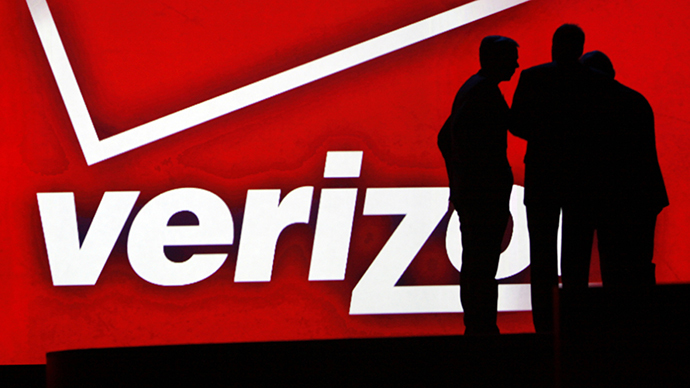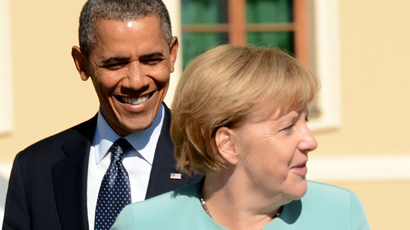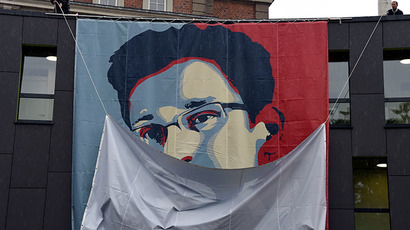Germany gives Verizon the boot over NSA spying scandal

Citing concerns over the NSA's wiretapping of Chancellor Angela Merkel and other top officials' phones, the German Interior Ministry announced Thursday that it will not renew its contract with Verizon to provide service for government ministries.
As part of an effort to revamp its secure communications networks, the country will instead rely on Germany's Deutsche Telekom, Reuters reported.
Since the beginning of the NSA scandal, US businesses have expressed concern over the potential blowback of the revelations on their bottom lines. Fearing foreign governments and other firms will no longer trust them to provide secure products and services, they’ve pushed back against the government, demanding more transparency of how the intelligence community operates.
Verizon is one of the first companies that can point to the NSA as a direct cause for a failed business deal. The Interior Ministry released a statement Thursday, saying “the ties revealed between foreign intelligence agencies and firms in the wake of the U.S. National Security Agency affair show that the German government needs a very high level of security for its critical networks."
Although it was the first company outed by journalist Glenn Greenwald and British newspaper the Guardian as providing the NSA with millions of instances of metadata on a daily basis, Verizon is not the only – or necessarily the first – to do so.
As far back as 2001, the NSA reportedly collected data from AT&T by re-routing information on its network to government computers. Reporting by Wired revealed documents from AT&T technician Mark Klein showing how the feat was accomplished using hardware in a now famous secret room at the company’s San Francisco data center.
Though the US and Germany are allies, documents released over the past year by whistleblower Edward Snowden revealed an American intelligence community with access to a wide variety of German communications. The fallout has been a chilling of relations between the two nations, with the Bundestag (German parliament) especially fierce in its criticisms and demands for answers from the US.
To the consternation of American officials hoping to prosecute Snowden for espionage, the German parliament even invited the leaker to testify about the NSA’s practices in a formal hearing.
Chancellor Merkel, however, has a mixed history with demanding answers from the US.
At first reacting with outrage and comparing the NSA to the Stasi – the communist East German secret police – she also demanded the two nations agree to a “no-spying” pact.
Her attitude changed markedly, however, after meeting with President Barack Obama in May. Stressing the need for unity, Merkel attempted to brush the scandal that has outraged German citizens under the rug. This was not received warmly by opposition parties and many of her constituents, a large number of whom view Snowden as a hero.
Meanwhile, further allegations regarding US surveillance continue to be brought forward. According to a report recently published by the German newspaper Süddeutsche Zeitung , NDR and WDR, the NSA had been given access to large swaths of telecoms data by the country’s Federal Intelligence Service (BND). For at least three years raw data was fed directly to the US agency from Frankfurt -- the city is a telecoms hub for much of Europe and beyond.
The former Minister of the Interior, Hans-Peter Friedrich, declared last year that if a foreign intelligence service had been given a tap into the telecoms node in Frankfurt, it would constitute a violation of Germany’s sovereignty.














